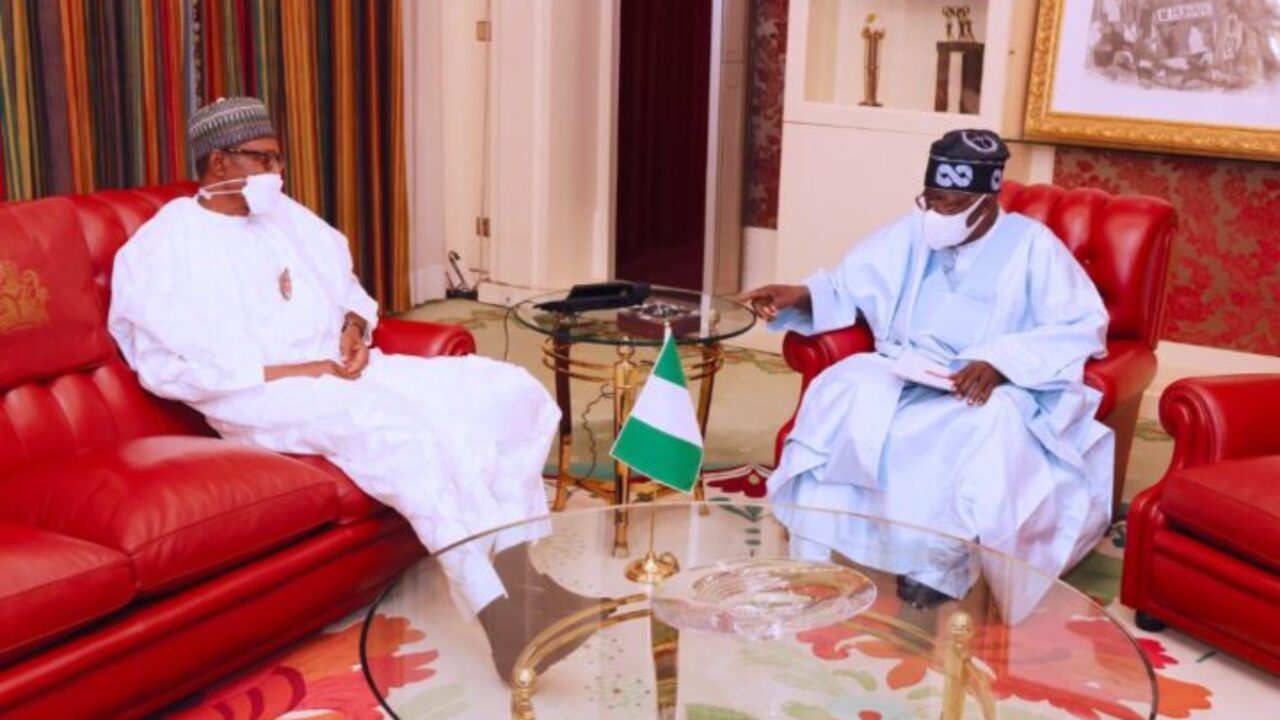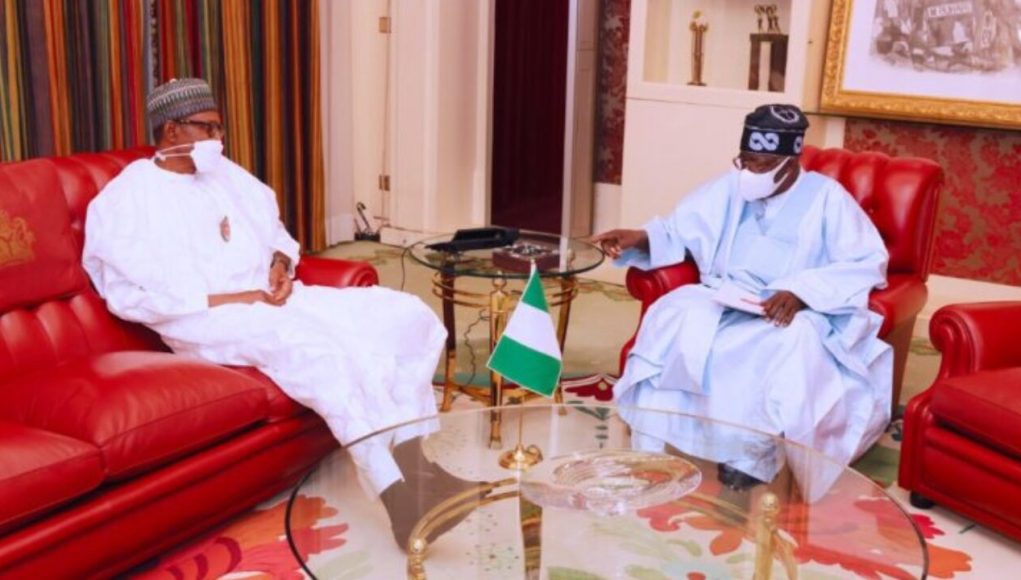
It’s official, the campaign season is upon us full swing; Bola Tinubu, the former governor of Lagos state and self-acclaimed ‘kingmaker’ of the All Progressives Congress (APC) has thrown his hat into the ring for the 2023 presidential contest. Less than 24 hours after Tinubu, David Umahi, governor of Ebonyi state, also took the Aso Rock declaration stage to tell us he would be running for president.
Many more of these would continue well into 2022, but that is not our focus today. Since the year began, I have been looking at the numbers and they tell a beautiful story. They speak of what happens before an election year, and we would be analysing those under three main themes today, starting with gross domestic product.
The gross domestic product (GDP) of the country increases almost every year before an election — and this has happened since the return of democracy in 1999. In fact, GDP grew in 1992, in anticipation of the 1993 elections. The 1998 growth may seem like a fluke; we can say the transition from the military regime to a democracy would naturally have a great effect on the economy, hence the GDP growth.
But let us go to 2002, just before the 2003 elections. The Nigerian economy grew by 3.8 percent. While this may seem like a lot today, the year 2003 saw a big jump. The years 2003 and 2019 are the only election years in the last six election cycles that the nation did not record a drop in GDP growth rate. Major credit goes to the telecom revolution/maturity recorded in 2003.
For the rest of the elections; GDP growth rate increases in the year before the election, and drops slightly in the election year. In 2006, GDP grew by 8.2 percent, and dropped slightly in 2007 to 6.8 percent. In 2010, the GDP grew by 7.8 percent and dropped to 4.9 percent in the 2011 election year. By 2014, GDP grew by 6.3 percent, becoming one of the best performing economy around the world that year. If you remember, this was the year Nigeria became the biggest economy in Africa. The economic growth tapered to 4.9 percent in 2015.
In 2019, the story did change slightly; GDP grew by 1.9 percent before the election year. But even more in 2019. We recorded a 2.2 percent growth in the election year.
What we can establish for sure is that the Nigerian economy never experiences a recession before an election year. But the more interesting part of these indices is that Nigeria’s manufacturing indices often reduces before an election year — yet GDP grows. In simple English, we often manufacture less in the year before an election year, but GDP grows. You see the magic? The magic is spending. Consumption.
Contents
WHAT HAPPENS TO THE NAIRA BEFORE ELECTION?
Based on the data available to me, we can prove that the Keynesian magic happens in the year before elections in Nigeria; governments and political contenders spend heavily in the year before an election. Not like we needed data to prove what we already know. This spending boosts the economy, covering for the shortfalls in manufacturing.
The question remains; what happens to the naira?
Not much happens to the naira on the official side. For the most part, the market prices-in an election year and the monetary policy managers anticipate the spending. So there are often no rude shocks on that front — with the exception of 2014.
Remember that the performance of the naira itself is used as a campaign tool. In 2014, the opposition APC used the performance of the naira to hurt the Goodluck Jonathan campaign. This also birth the $1 to N1 “speculation” flying around at the time. So, successive governments do their best to keep the naira stable just before an election year.
It is important to highlight that in 2010 and 2014, the years before the 2011 and 2015 election, there were marked decline in Nigeria’s foreign reserves. We can blame this on oil price, fighting insurgency, or just elections. For other years before an election, foreign reserves seem to show normal growth patterns.
WHAT TO EXPECT IN 2022
If the data is anything to go by, in 2022 we would see a little decline in manufacturing, a jump in government spending, a boost in the economy, and some stability with the naira. This is not to say the naira would not record the usual drop here and there, but as a campaign tool, the performance of the naira would not be so bad in 2022. I cannot say the same for 2023.
We may also experience some capital flight; foreign investors may seek safety in some less volatile emerging markets for 2022, only to return in 2023 if a “good (wo)man” wins the presidency in Nigeria.
My message to you would be: Relax, 2022 would be a good year for the economy.


















































